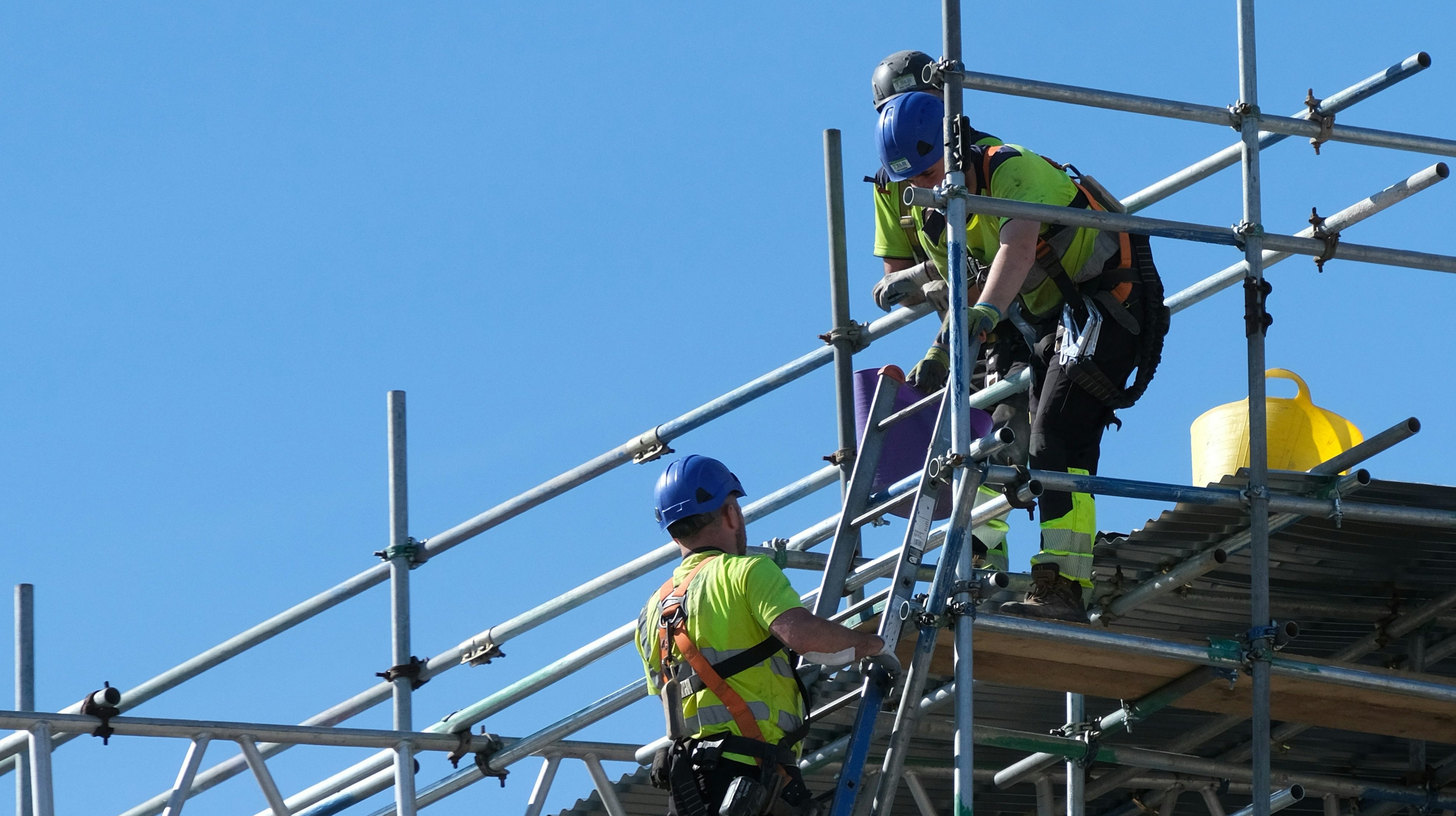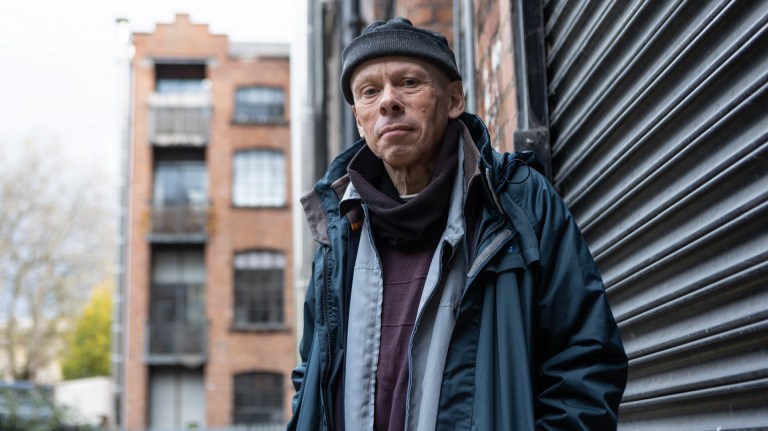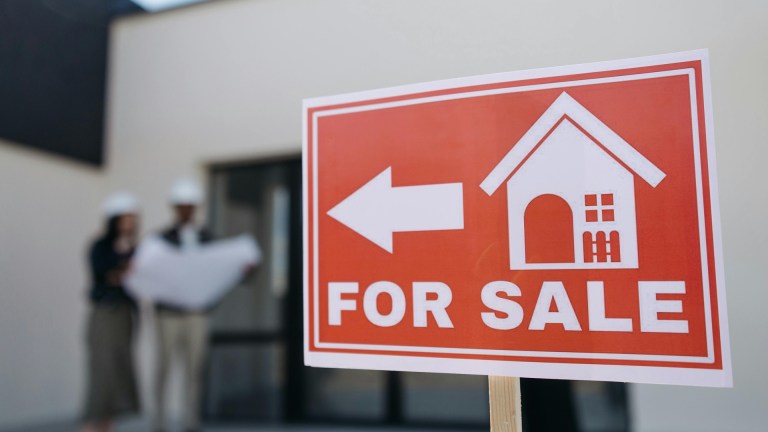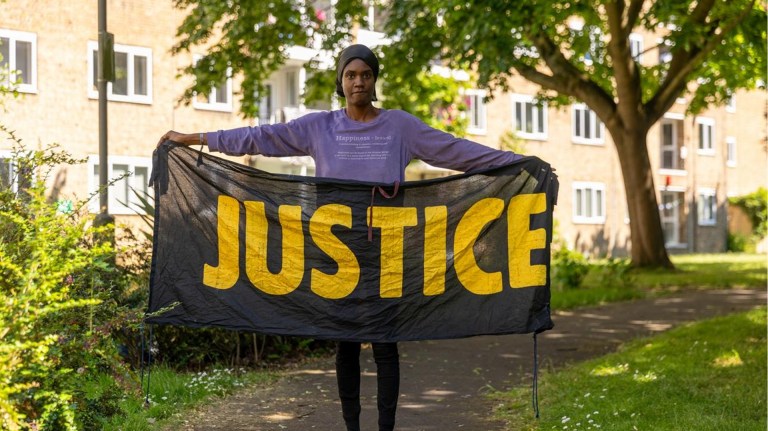Bosomworth, who says he would’ve built up his portfolio even if he expected house prices to stay the same, explains that the monthly rental income is growing close to the money he’d earn from simply putting his cash in the bank. He rents some flats for up to £200 under market rates, he says, helping out tenants on universal credit.
He cites specific changes from Labour’s Renters’ Rights Bill as motivating him to sell: the abolition of section 21 no-fault evictions, the requirement for landlords to increase a property’s energy efficiency rating to a C or above from 2025, and the ability of tenants to end a tenancy from day one.
“That can be abused so people working away, rather than getting a hotel or AirBnB, they can pretend they wanna be there for when they’re working and just give you notice,” he says. “It’s ridiculous. It’s so one-sided it’s unbelievable.”
When he sells, Bosomworth says he would offer the ex-local authority flats back up to the council if they were willing to buy. It’s earlier than he had imagined selling off.
“It’s ahead of schedule, and the change of government has certainly made it ahead of schedule, because obviously they’re socialists, I actually don’t think they’re very landlord, private worker friendly.”
‘If they miss this chance, we’re never going to get it back’
“A house does not evaporate if a landlord chooses not to be a landlord any more,” says Abi O’Connor, a researcher at the New Economics Foundation (NEF). “It’s not a question of, will this increase homelessness, it’s a question of who’s going to take control of that house. And there are options that are better than the private rented sector that are very possible.”
A possible landlord exodus would be a once-in-a-generation opportunity for councils, O’Connor argues, and a chance to restore what was lost under Right to Buy.
“If they miss the opportunity to reacquire these homes, and they go on the open market and Blackrock or hedge funds in America buy them, then we’re likely never going to get that back,” she says.
“Housing bought by local authorities not only creates better options because they’re cheap, but they also create massive revenue increases to local authorities in the long term.”
This will require funding, but also another look at current rules. Often, money generated from council tenants buying their properties is difficult to use for replacing the house just bought. The NEF have suggested relaxing rules which state only 10% of affordable homes programme houses can be provided by acquisitions.
Local authorities are buying homes in places. In London, Sadiq Khan’s administration launched the Council Homes Acquisition Programme, which gave the city’s boroughs the power to buy properties and convert them to council homes. The mayor hopes this will see 10,000 homes acquired.
But if councils miss the chance, it may just lead to bigger and bigger landlords buying up the properties – something Bosomworth also predicts. “I think they want to get rid of small landlords and get big corporate landlords,” he says.
‘We move into those streets and we try and make them better’
For 30 years, Giroscope in Hull has been buying up empty properties, renovating them, and renting them out for prices no higher than the local housing allowance. On their way to a stock of 140 units, sellers have included former rugby league players living in Australia, professional hurling players from Ireland, and people living in Hong Kong.
But the rate of “empties” has slowed, says coordinator Martin Newman. If a horde of landlords started selling up, his group would love to take the opportunity. Barriers, however, stand in the way.
Were they to borrow the money, it would cost far more than you may think: Giroscope borrows at 3% over the base rate, and can only make project work financially by borrowing no more than half the total cost of purchase and renovation.
Grant funding is patchy, with Newman recalling a heyday of 2012-15, when the coalition government brought in the Empty Homes Grant Programme. “We went crazy,” Newman says, recalling a rush to buy and renovate 50 flats in three years. “That was like Christmas.”
Other funding includes Right to Buy replacement grants, which come from the council repurposing money made from council house sales. Yet demand – and a lack of money to meet that demand, will always remain a challenge.
“There’s just always this massive queue of people that have inherited money, coming along and that money is looking to go somewhere. I think these landlords will be replaced,” says Newman.
On a smaller scale, Community Right to Buy provides a way for communities to band together and buy homes. The idea would mean that landlords must improve homes to social housing standards, or sell up. Communities would be given first refusal, along with local authorities and social housing landlords.
“If we look at the race riots that happened in the summer, I think Community Right to Buy has a really strong role to play in re-establishing democracy and a sense of power in communities. Which should never be overestimated. We know what happens when communities feel left behind and disempowered,” says O’Connor.
But despite optimism over Community Right to Buy – and its potential to drive standards up – O’Connor sounds caution over its widespread potential. For one, local authorities would need a huge increase in resources to support groups buying on a huge scale, let alone the money needed by communities themselves.
“I do think it’s right for us to question the sustainability of it at the level that we need in the housing crisis,” says O’Connor. “There remains the question of: where do the community get the money?”
Do you have a story to tell or opinions to share about this? Get in touch and tell us more. This Christmas, you can make a lasting change on a vendor’s life. Buy a magazine from your local vendor in the street every week. If you can’t reach them, buy a Vendor Support Kit.









